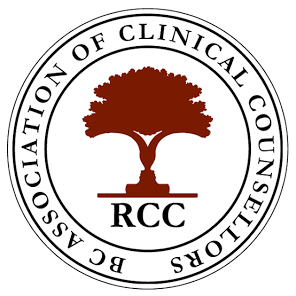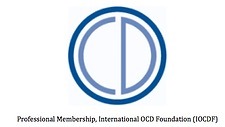
Milsom Counselling
Your friendly neighbourhood OCD specialist
Obsessive-Compulsive Disorder (OCD) is a mental health disorder that involves persistent, intrusive thoughts or urges (obsessions) and repetitive behaviours or mental acts (compulsions) performed to reduce anxiety and/or prevent feared outcomes. These patterns can become time-consuming and distressing, often interfering with daily life and functioning.


What is OCD?
OCD is often misunderstood as simply being “neat” or “organized,” but in reality, it’s a serious mental health condition marked by intrusive, distressing thoughts and the urge to perform rituals or behaviours to ease anxiety. Many people hide their symptoms out of shame or fear of judgment, which can make it harder to seek help. OCD affects about 2–3% of the population worldwide, meaning millions of people live with it. With the right support and treatment, people with OCD can regain control over their lives and thrive beyond the disorder.
Obsessions (intrusive, distressing thoughts or images) can include and are not limited to:
Fear of contamination (germs, chemicals, dirt)
Intrusive violent or sexual thoughts
Intrusive thoughts about relationships and or relationship doubt
Fear of harming oneself or others
Doubts about safety (“Did I lock the door? Did I turn off the stove?”)
Fear of losing control or acting inappropriately
Excessive concern with order, symmetry, or exactness
Religious or moral scrupulosity (fear of offending God, being “bad,” or immoral)
Compulsions (repetitive behaviours or mental rituals done to relieve anxiety) can include and are not limited to:
Excessive handwashing, cleaning, or sanitizing
Repeated checking (locks, appliances, safety)
Counting, tapping, repeating phrases, repeating gestures
Arranging or ordering items until “just right”
Seeking reassurance from others
Mental reviewing or “undoing” thoughts
Avoiding situations that might trigger obsessions
Repeatedly checking information online
Repeated self reassurances
Additional Specialities
Trichotillomania (hair pulling and or skin picking disorder)
Involves recurring urges to pull out one’s hair and or skin, which can lead to distress and impact daily life. With support and effective strategies, it’s possible to reduce pulling/picking and regain a sense of control.
Body Dysmorphic Disorder
Includes obsessive worries about perceived flaws in appearance, often leading to strong urges such as checking mirrors, seeking reassurance, or trying to “fix” the flaw. These urges can feel overwhelming and interfere with daily life, but with support and effective treatment, people can find relief and build a healthier relationship with their body.
Panic Disorder
Marked by sudden, overwhelming episodes of fear known as panic attacks. Symptoms often include a racing heart, shortness of breath, dizziness, chest tightness, and an intense sense of dread. These frightening experiences can create strong urges to avoid places or situations where an attack might occur, but with the right support, people can learn to manage symptoms and feel safe again.
Start your Healing Journey





